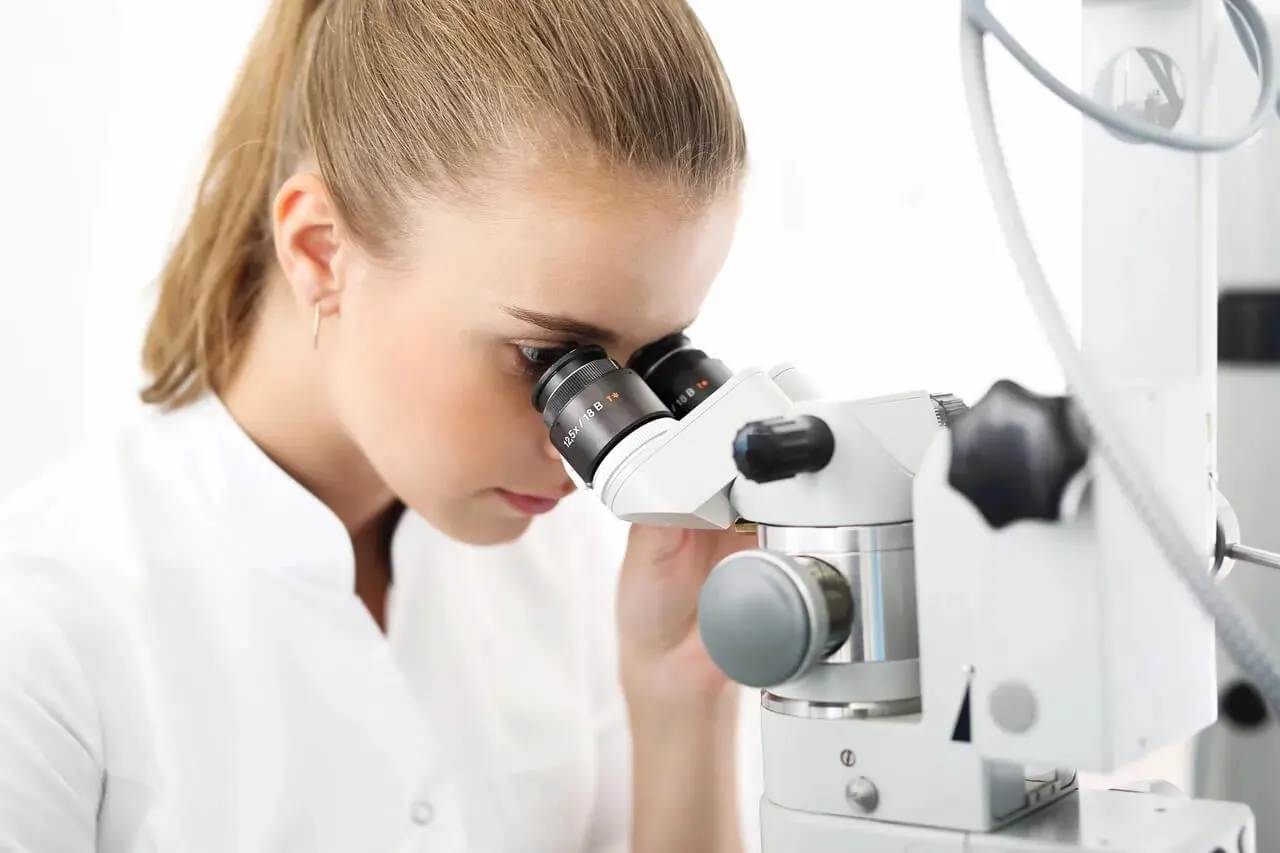Ireland – An Innovation Hub for Health Products

In 2019 Ireland’s GPD per capita rose to USD 90,141, the 4th highest globally (tradingeconomics.com). This resulted from Irish Exports growing to a record to USD 170 billion in the same year (cso.ie). This increase in exports was attributed to a significant rise in the levels of high-value pharmaceuticals coupled with the Irish economies trade openness with America, Britain and the EU and the large number of foreign-owned companies operating in Ireland (Dullien, 2018).
Ireland is broadly perceived as one of the leading players in the pharmaceutical and medical devices industry. The world's major 10 pharmaceutical companies have operations in Ireland, and 6 of the world's best 10 selling pharmaceutical products are produced in Ireland.
13 of the largest 15 medical technology companies are based in Ireland for the medical device industry. And still, Ireland is also witnessing the arrival of many emerging international firms focused on developing novel treatments and innovative products. Over 200 indigenous companies are operating in the life sciences sector in Ireland.
Regarding employment in the life sciences industry, it employs over 50,000 people directly. Notably, Ireland has the highest per capita employment of medical technology personnel in Europe. The kind of expertise and experience Ireland holds is a critical aspect in continued success in attracting international investment – Ireland witnessed EUR 10 billion investment in new biological production in the last decade, which is one of the highest levels of investment in new biotech facilities anywhere in the world (O’Dwyer, Nolan and Fisher, 2017).
The Irish government’s ensured that Ireland poses and establishes itself as a global innovation leader. Therefore, the government supported and provided a highly supportive business environment facilitated by government agencies, including the IDA and Enterprise Ireland. There has also been significant and sustained investment in research and development in recent years, and the Irish government’s Innovation 2020 strategy aspires to increase funding in research and development significantly.
The Irish government has also been promoting and supporting research and development. That has been reflected in that Ireland achieved a global ranking of 10th in 2016 for the overall quality of its scientific research, increasing 26 places in only 13 years (Science Foundation, 2016).
Global ranking for individual subjects related to health product innovation is very high. It ranks 2nd in the world for nanotechnology and immunology and 3rd for material sciences. A recent review found that Ireland has more innovative universities per capita than any other country in Europe.
